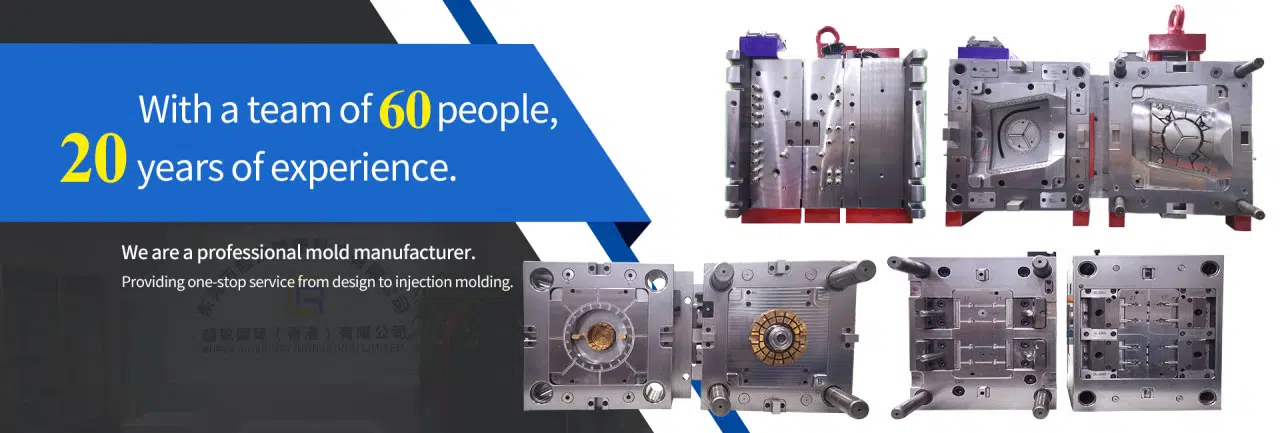
# Quality Assurance in Software Development
What is Quality Assurance?
Quality Assurance (QA) in software development refers to the systematic process of ensuring that products meet specified requirements and standards. It focuses on preventing defects rather than detecting them after they occur. QA encompasses all activities that contribute to the definition, implementation, and verification of processes used to create high-quality software.
The Importance of QA in Software Development
Implementing robust QA practices is crucial for several reasons:
- Reduces development costs by catching issues early
- Improves customer satisfaction with reliable products
- Enhances brand reputation through consistent quality
- Minimizes risks associated with software failures
- Ensures compliance with industry standards and regulations
Key Components of Software QA
Effective Quality Assurance in software development typically includes:
1. Process Definition and Standardization
Establishing clear development processes and standards that all team members follow consistently.
2. Requirement Analysis
Thoroughly reviewing and validating requirements to ensure they are complete, consistent, and testable.
3. Test Planning
Creating comprehensive test plans that outline testing strategies, resources, schedules, and deliverables.
4. Test Case Development
Designing detailed test cases that cover all functional and non-functional requirements.
5. Defect Tracking
Implementing systems to log, track, and manage defects throughout the development lifecycle.
QA vs. Testing: Understanding the Difference
While often used interchangeably, QA and testing are distinct concepts:
| Quality Assurance | Testing |
|---|---|
| Process-oriented | Product-oriented |
| Preventive approach | Detective approach |
| Focuses on the entire SDLC | Focuses on verification and validation |
Best Practices for Effective QA
To implement successful Quality Assurance in software development:
- Integrate QA early in the development lifecycle
- Automate repetitive testing tasks where possible
- Maintain clear documentation of all QA processes
- Foster collaboration between developers and QA teams
- Continuously measure and improve QA processes
The Future of QA in Software Development
As technology evolves, QA practices are adapting to new challenges:
- Increased adoption of AI and machine learning in testing
- Shift-left testing approaches bringing QA earlier in the cycle
- Greater emphasis on security testing
- Expansion of test automation frameworks
- Integration of DevOps and continuous testing practices
Quality Assurance remains a critical component of successful software development, ensuring that products not only function as intended but also deliver value to users and businesses alike.